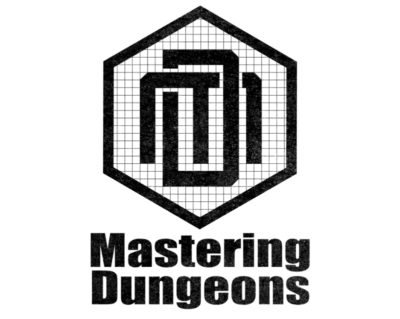Podcast: Play in new window | Download
Continuing the conversation about the Fifth Edition of Dungeons & Dragons by talking about where it’s been and where it might be going!
Breaking News Links
- New UA Release – Wonders of the Multiverse
- D&D Movie Trailer
- Paizo Job Announcement
- More Spelljammer Academy Releases
- Peer into Spelljammer with the Roll20 Blog
- New Dragonlance Novel is out: Dragons of Deceit
- Hobby Game Sales Up One-Third in 2021
Get in Touch
- Follow Teos at @Alphastream on Twitter and check out his blog at alphastream.org.
- Follow Shawn at @shawnmerwin on Twitter.
- Follow the show at @MasteringDnD on Twitter.

Love this topic!
I can’t help but think you’re underestimating the challenges involved in replacing the current 3d6 ability system with a modifier-only system. In addition to the rare occurrences when the actual ability scores matter, we should also consider that not everyone wants an “all PCs are equal” system. Many enjoy playing with the random results ability score generation can provide. People who enjoy the role=playing aspect of the game can embrace these shortcomings just like we can all relate to, and advocate for, leaning into a PC’s flaws.
Anecdotally, when I started running a game for my kids and their friends, we had 7 players so I asked them to roll for abilities using 4d6 dropping the lowest, and trying not to rearrange the order of the rolls, playing whatever was most appropriate. One of them rolled 8,14,10,8,9,8. The assumption at the table was that the player would reroll, but I asked them to give it a session or two, and then decide, promising to carry over any experience to the next PC. We agreed that they would play an adolescent rogue. By the end of the first session, they loved their character and they never stopped, all the way to the campaign’s end at 8th level.
Regarding alignment, I’ve had a lot of success in my games by redefining alignment thusly:
Alignments represent tendencies, and there are degrees within each alignment. Good characters tend to prioritize the well being of the many. Evil characters tend to prioritize their own well being. Lawful characters tend to place a higher value on moral consistency and order. Chaotic characters tend to place a higher value on moral flexibility and freedom.